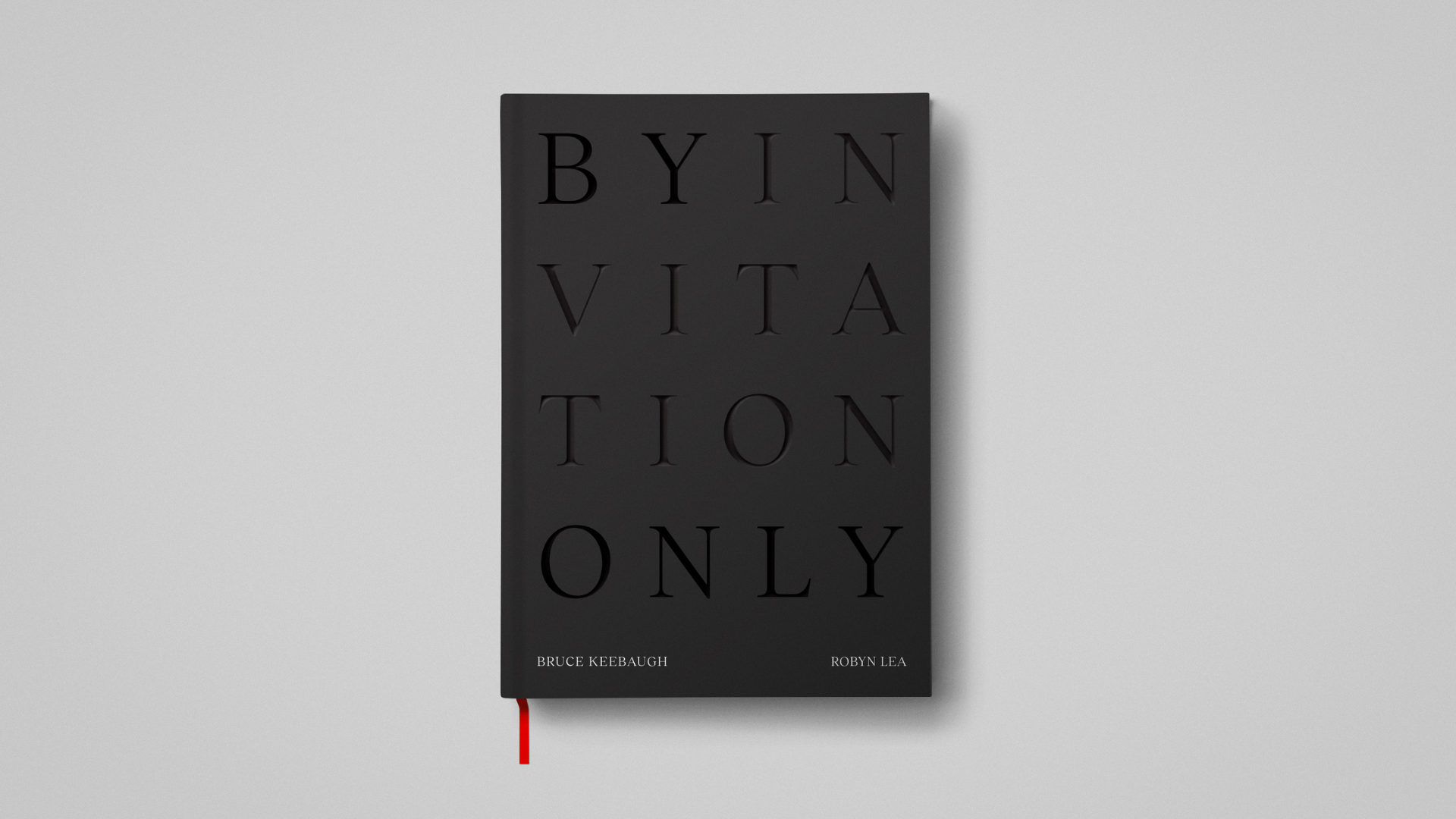How will the Right to Disconnect laws change the way we work?
From hustle culture to quiet quitting, our relationship to work is ever changing. So how will Australia's landmark new legislation impact the way we operate out of hours?

THE PANG OF irritation hit me somewhere in the pit of my stomach. I was on my honeymoon in Barbados, about to step into a rental car for a day of beach hopping. I was two days into the trip and couldn’t have been more relaxed. Jet lag had cleared, rum cocktails by the pool had been sipped, the sun was shining. Then the notification hit my phone. It was an Instagram message (unusual for me), so I wasn’t immediately on edge. A colleague had slid in with a very minor work query.
“Sorry to disturb,” the colleague began, before asking me something related to the publication date of a story I’d filed. As I said, it was a minor irritation, but it was enough to yank me out of my blissful island reverie and put me back in my office, where I imagined my colleague at his desk. I began racking my brains for the insignificant date, as my wife – I was still getting used to calling her that – wondered why I hadn’t turned the keys in the ignition. I know, I should have ignored the message but, always a people pleaser, I recalled the date and duly wrote back.
“You should have ignored that,” said my wife, probably for the first time in our marriage but certainly not the last. And she was right. It was an invasion.
I recall this incident – yes, it was an incident – as new Right to Disconnect laws come into effect nationally from next week. Under the legislation, employees can refuse to monitor, respond or read work-related communications (like phone calls, messages, and emails) outside of their work hours, so long as their refusal is reasonable. Being on your honeymoon is probably reasonable grounds for refusal, right?
The legislation has been in gestation for some time, following the lead of France, who implemented the world’s first such laws in 2017. Similar legislation followed in Germany, Italy, Canada, Brazil, Spain, Portugal and Greece. The French, incidentally, work a 35-hour week – compared to the 38 hour weeks we do here in Australia – with calls to reduce that to 32 hours; clearly the chance to frolic in cafes and flirt with hot chefs isn’t the only reason young American women named Emily want to live in Paris.
At its heart, the legislation seeks to wrest back the tech-driven encroachment of work into our personal lives. Over the last decade, the delineation between the work space and our personal space has been gradually eroded, with any remaining lines further blurred by the work-from-home revolution brought on by Covid – I’m writing this in trackies and a flanno while sitting at my dining room table.
Research by the European Union agency Eurofound showed improved wellbeing and work satisfaction in companies with right-to-disconnect policies, with more than 70 per cent of workers regarding the impacts to be positive.
As an employee, I welcome the legislation. I’m glad it exists. At the same time, as things currently stand, I doubt I would ever really entertain the idea of utilising the rights the legislation affords me. Why not? For the same reason I sometimes do unpaid overtime when I’m not legally obliged. I enjoy and take pride in my work and usually experience immense satisfaction when a task is completed. If my boss were to check on my progress after hours, I doubt I’d blow up about it, as I probably wouldn’t regard that as ‘unreasonable’. I generally have the attitude that we are on the same team, working toward a shared and mutually beneficial goal.

In writing this, however, I realise that I’m fortunate. I enjoy my work, which is obviously a critical variable in the whole work/life balance equation. If you don’t enjoy your work, if your boss is unreasonable, and if their requests cross a line, one you’d rather have the government draw – mine is obviously honeymoons – then the equation shifts.
In that instance, you might be more inclined to invoke the Right to Disconnect laws. The hope is the laws will act as a deterrent, encouraging bosses thinking of making unreasonable late-night requests, to sheath their mobile phones.
The new legislation comes at an interesting time, for our collective relationship with work has undergone a rather seismic shift in recent years. The pandemic gave many of us pause to reflect on our relationship with our work, some deciding that there are more important things in life. This sentiment led to the ‘Great Resignation’ in the US and the quiet quitting phenomenon more broadly, in which employees duly complete tasks without going above and beyond – essentially you do your job, and nothing more.
Yet if we regard ‘quiet quitting’ as something of a reactionary misnomer, it’s probably because a generation prior, we, as a society, were obsessed with work. A decade ago, you were encouraged to follow your ‘passion’ in choosing a career. I remember hearing the Confucius line, “Choose a job you love and you’ll never have to work a day in your life” ad nauseam throughout the aughts, or less august versions of it, such as: ‘you’re going to spend around a third of your life working, so you may as well enjoy it’ – interestingly no one puts the same pressure on sleep, which takes up a fair chunk of our existence.
Back then, what you did for work was central to your identity. Work needed to be meaningful to offer personal validation. This is still the case for many of us, including me, but anecdotally it does seem that there are more people who seek to define themselves outside of what they do for a living, some leaning into their hobbies – half-marathons, home brewing, or Euro-summering, for example. LinkedIn, once a largely benign platform, has increasingly been recognised for what it is: a cringey, humble-bragging chamber of vanity and virtue-signalling. More people these days are inclined to invoke the mantra ‘work to live rather than live to work’.
As our relationship with work has evolved, so too perhaps, has the way we think about the people we work with. Many companies seek to attract employees by espousing the notion that they are a ‘family’. This is usually not the case, as Netflix co-founder Mark Randolph made plain last year: “We never thought of ourselves as a family. Just think for a moment: when was the last time you fired someone from your family?”
On a day-to-day level, I would also argue that for the most part you put on a face, or wear a mask, when you go to work and your office persona is not truly indicative of who you are. You don’t treat your workmates as you do your siblings; in most cases you’re neither as close nor as horrible to them. Of course, you may let the mask slip around certain colleagues on a coffee break. Even then, though, your colleagues are friends rather than family. And the broader truth is that many of them are mere ‘work friends’ who you will not see again on a social level the moment you leave the workplace.
Now, I hate to agree with a tech overlord, but perhaps the best way to look at the workplace is the way Randolph does, not as a family but as a sporting team, in which each employee knows their position and the requirements of their role. “We consider ourselves a sports team. And not a little league team, where everyone plays and gets a trophy,” Randolph wrote. “No, we’re a professional team playing at the highest level.”
A sports team culture leaves room for camaraderie and friendship. Taking the metaphor to its logical conclusion, the Right to Disconnect laws are simply a new rule, like, say, the take foul penalty in the NBA. Bosses who infringe could face the tribunal.
Why might this be a healthy lens in which to view work? Because it offers you a choice. You can follow the likes of Randolph, who appears to be cutthroat in his competitive mentality, or you can put work in context, reducing the influence it exerts over your life. In that case, it’s merely a game.
What are the Right to Disconnect laws?
Under the new laws employees can refuse to monitor, respond or read, work-related communications (like phone calls, messages, and emails) outside of their work hours, so long as their refusal is reasonable.
How do you determine if an employee’s refusal is reasonable?
This is assessed according to the following factors:
- What the boss was contacting the employee to speak about
- If they are paid/compensated for the after-hours contact
- Their level of responsibility in the workplace
- Their personal circumstances, E.G. family responsibilities
When do the Right To Disconnect laws take effect?
The right to disconnect laws will be implemented nationally on Monday, August 26, 2024. The laws apply to any business with 15 or more employees and will apply to all industries and awards. While there are some differences across industries in terms of exactly what constitutes “disruptive” after-hours contact, generally it gives workers the right to refuse phone calls from their boss about non-emergency work-related matters.
What happens to bosses who contact you after hours?
The focus of the laws is on the employee. Bosses can still contact employees outside of their regular hours without being prosecuted, but the new laws protect the worker’s right to refuse disruptive contact. The right to disconnect laws also allow for workers to lodge a dispute with the Fair Work Commission. You can find out more about Right to Disconnect laws here.
Related:
Should you work hard or play hard? Idris Elba weighs in
How to decode therapy-speak: Are you triggered or just angry?




















